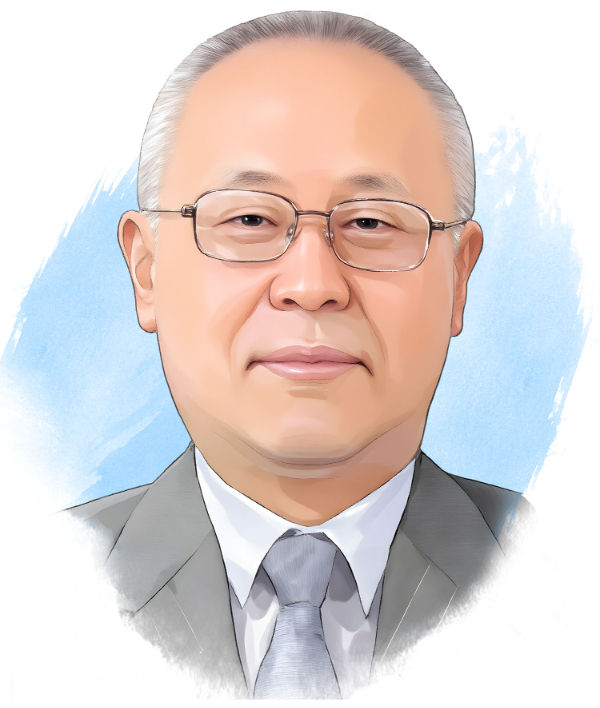- China Daily publisher calls for strengthened global governance
- Envoy champions GGI as path toward inclusive multilateral solutions
- Major powers called on to 'recommit' to United Nations as it nears 80th anniversary
- Deeper South-South cooperation across the board needed to address challenges
- China highlighted as future host for major UN campus
- More effort needed to support prosperity of international system with UN at its core
- Wartime brotherhood should be model for US-China peace

Multilateralism, deeper solidarity and stronger international cooperation are key to addressing persistent conflicts, rising debt distress, deepening inequalities and intensifying climate impacts, Li Junhua, under-secretary-general for economic and social affairs at the United Nations said on Monday.
In his address at a Vision China event held at the UN headquarters in New York, Li said the Global Governance Initiative recently proposed by Chinese President Xi Jinping is guided by five core principles: sovereign equality, international rule of law, multilateralism, a people-centered approach and real actions.
The initiative was welcomed by UN Secretary-General Antonio Guterres when it was introduced at the Shanghai Cooperation Organization Summit in Tianjin earlier this month. Guterres praised that the initiative is anchored in multilateralism and underscores the importance of safeguarding the international system with the UN at its core and the international order underpinned by international law.
READ MORE: Envoy champions GGI as path toward inclusive multilateral solutions
"As we mark the 80th anniversary of the United Nations, its role and legitimacy at the heart of global governance are more vital than ever, " said Li, who added that "progress toward our shared commitments for people, planet, peace and prosperity is alarmingly off track".
The UN recently produced two landmark documents that offer a collective roadmap for a better future amid recent headwinds to multilateralism, according to Li.
First, the Pact for the Future, which articulates a shared vision to strengthen multilateralism, uphold the rule of law and accelerate the 2030 Agenda.
Second, the Seville Commitment, produced by the Fourth International Conference on Financing for Development, reaffirms member states' commitment to bridging the financing gap, advancing debt solutions and reforming the international financial architecture.
"We must translate the commitments adopted in these global forums into action and ensure they deliver tangible improvements in people's lives," Li said.
Li said his department has been a pioneer of sustainable development and that "the Global Development Initiative has been a timely step for pooling efforts and catalyzing progress toward our common future".
The initiative aligns with the UN's Sustainable Development Goals, particularly in areas such as poverty eradication, food security, climate action and equitable growth, Li said.
To maximize synergies between the Global Development Initiative, other development initiatives and the Sustainable Development Goals, the UN secretary-general has approved the establishment of the UN Task Force on Leveraging Partnerships towards the Implementation of the 2030 Agenda.
The task force will provide a platform for dialogue to drive greater alignment and coherence in UN action and facilitate engagement with global initiatives to support the Sustainable Development Goals, Li said.
As a key supporter of the UN in addressing the global governance deficit, China's other contribution to multilateral cooperation is the United Nations Peace and Development Trust Fund.
ALSO READ: China Daily publisher calls for strengthened global governance
"Since its launch in 2016, the trust fund has mobilized nearly $200 million, and delivered tangible results in more than 100 countries, becoming a catalyst for peace, development and solidarity worldwide," Li said.
Enhanced international cooperation is especially critical amid heightened policy uncertainty and geopolitical tensions, and the UN's 80th anniversary must be a turning point to consolidate reforms and ensure the UN remains a trusted, agile partner — capable of addressing today's crises and tomorrow's uncertainties, Li said.
"With China's partnership, alongside all member states, we can strengthen multilateralism and chart a path toward peace, justice and sustainability for all," he said.
Contact the writer at mayzhou@chinadailyusa.com


